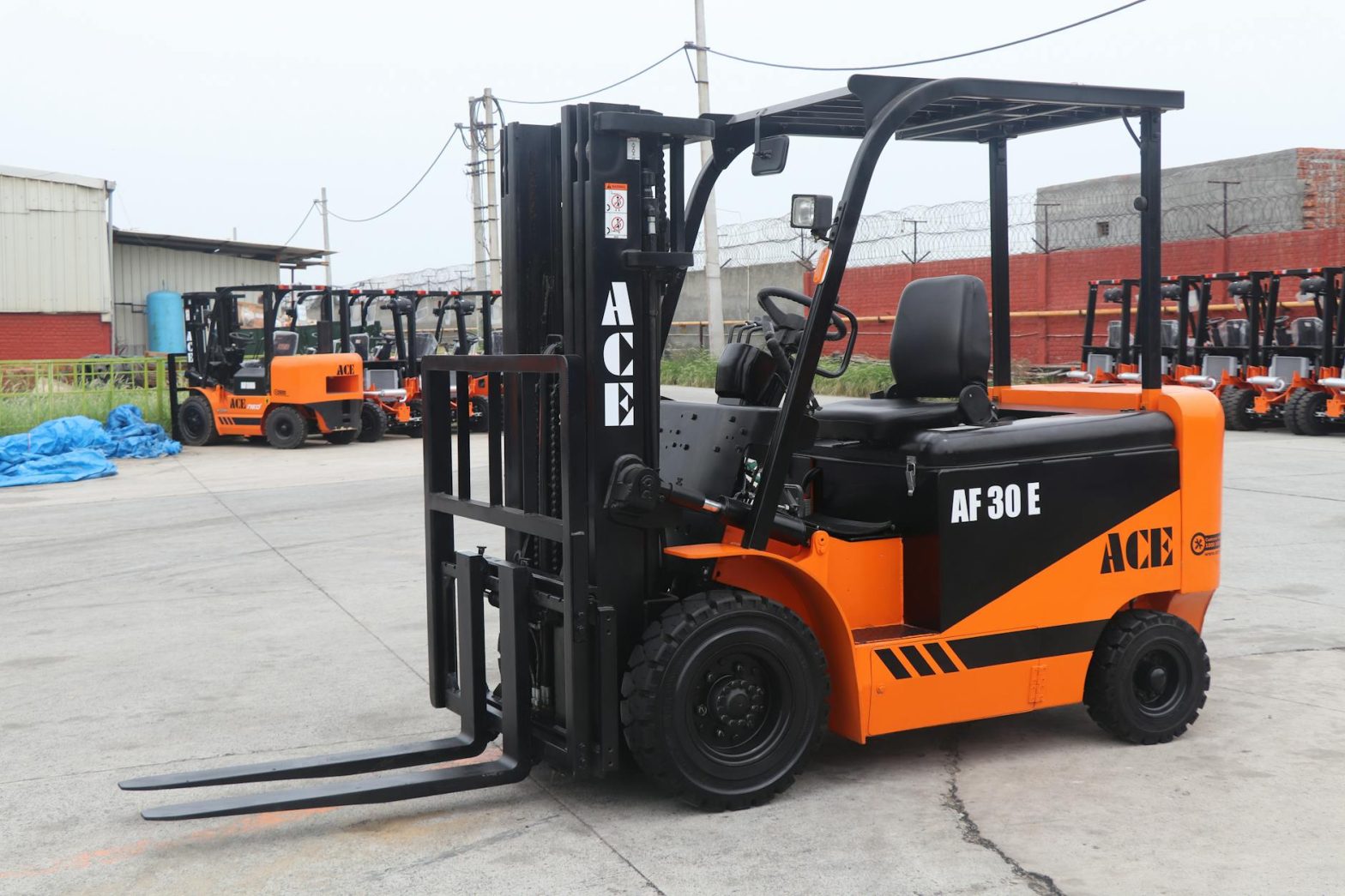Forklift Training: Essential Tips for Efficient Operators
Forklifts are essential pieces of equipment used in various industries for lifting and moving materials. Operating a forklift requires skill, precision, and knowledge of safety protocols to ensure a productive and accident-free work environment. Proper training is crucial for forklift operators to perform their duties efficiently and safely. In this article, we will discuss essential tips for forklift training that can help operators enhance their skills and become more proficient in handling these powerful machines.
Understanding Basic Principles of Forklift Operation
Before operating a forklift, it is essential for operators to have a thorough understanding of the basic principles of forklift operation. This includes knowledge of the forklift’s controls, steering mechanisms, and load capacities. Operators should be familiar with the specific forklift model they will be using and understand how to operate it safely and efficiently.
Safety First: Emphasize Safety Protocols
Safety should be the top priority for forklift operators. Emphasizing safety protocols during training can help prevent accidents and injuries in the workplace. Operators should be trained on proper forklift inspection procedures, load handling techniques, and how to navigate safely in different environments. Encouraging operators to wear seat belts, use horns when necessary, and avoid distractions while operating the forklift can significantly reduce the risk of accidents.
Focus on Load Handling Techniques
Efficient load handling is a crucial skill for forklift operators. Properly securing loads, distributing weight evenly, and avoiding overloading are essential for safe and efficient forklift operation. Training on proper load handling techniques can help operators prevent accidents, damage to materials, and ensure smooth operations in warehouses or construction sites.
Practice Makes Perfect: Hands-On Training
Hands-on training is an essential component of forklift training programs. Providing operators with opportunities to practice operating the forklift in a controlled environment can help them hone their skills and gain confidence in handling the equipment. Supervised practice sessions can also help trainers assess operators’ abilities and provide feedback for improvement.
Stay Updated on Regulations and Best Practices
Regulations and best practices for forklift operation may vary depending on the industry and location. It is crucial for forklift operators to stay updated on the latest regulations, safety guidelines, and best practices in forklift operation. Regular training sessions and refresher courses can help operators stay informed and ensure compliance with industry standards.
Maintain Forklifts Regularly
Regular maintenance is essential for keeping forklifts in optimal condition and ensuring safe operation. Operators should be trained on basic maintenance tasks such as checking fluid levels, inspecting tires, and reporting any mechanical issues to maintenance personnel promptly. Proper maintenance can extend the lifespan of forklifts and prevent unexpected breakdowns.
In conclusion, forklift training is vital for enhancing the skills and efficiency of operators in handling these powerful machines. By following essential tips such as understanding basic operation principles, emphasizing safety protocols, focusing on load handling techniques, practicing hands-on training, staying updated on regulations, and maintaining forklifts regularly, operators can become more proficient and contribute to a safe working environment. Continuous training and improvement are key to becoming an efficient forklift operator.
